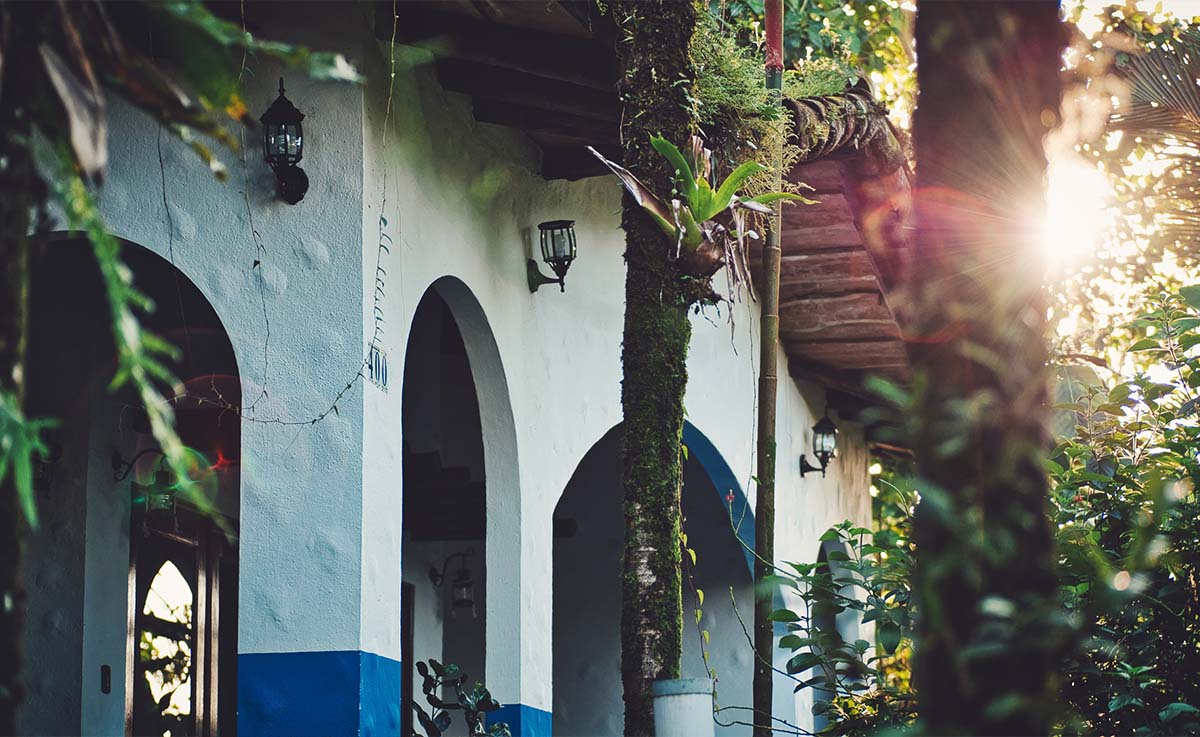
Article Information
Exploring the Fascinating History of Costa Rica
Costa Rica, a small but vibrant country in Central America, has a rich and intriguing history that spans thousands of years. From its indigenous beginnings to the arrival of Spanish conquistadors, and from its fight for independence to its role in the global stage, Costa Rica’s history is a captivating tale that has shaped the nation we know today.
The Indigenous Beginnings of Costa Rica
The history of Costa Rica begins with its indigenous tribes, who inhabited the land long before the arrival of Europeans. These tribes, such as the Chorotega, Huetar, and Bribri, developed complex societies with advanced agricultural practices and impressive structures. They left behind a legacy of art, pottery, and intricate stone carvings that provide a glimpse into their rich cultural heritage.
Exploring the indigenous beginnings of Costa Rica unveils a tapestry of diverse traditions and customs that have shaped the country’s identity. The Chorotega people, known for their skilled pottery and intricate gold work, thrived in the Nicoya Peninsula, leaving behind artifacts that reflect their artistic prowess. The Huetar tribe, with their sophisticated agricultural techniques, cultivated the fertile lands of the Central Valley, laying the foundation for Costa Rica’s agricultural success.
The Impact of Pre-Columbian Cultures
Before the arrival of the Spanish, Costa Rica was mostly influenced by the civilizations of Mesoamerica, including the Maya and the Aztecs. Trade routes connected the region, allowing for the exchange of goods, ideas, and knowledge. This interaction helped shape the cultural landscape of Costa Rica, as indigenous tribes incorporated aspects of Mesoamerican societies into their own traditions.
The intricate networks of trade that crisscrossed the region not only facilitated the exchange of goods like cacao, feathers, and precious stones but also served as conduits for the transmission of knowledge and ideas. The Maya’s advanced understanding of astronomy and mathematics, for example, found its way into the cosmology of Costa Rica’s indigenous tribes, enriching their spiritual practices and worldview.
The Role of Indigenous Tribes in Costa Rica’s History
The indigenous tribes of Costa Rica played a pivotal role in the country’s history. They fiercely resisted Spanish colonization, often retreating to the remote mountains and rainforests, where they maintained their autonomy. Even today, their influence can be seen in the preservation of their languages, customs, and spiritual beliefs, which have become an integral part of Costa Rican culture.
The resilience of Costa Rica’s indigenous tribes in the face of colonial pressures speaks to their deep connection to the land and their unwavering commitment to preserving their heritage. The Bribri people, for instance, continue to safeguard their traditional knowledge of medicinal plants and sustainable farming practices, emphasizing the importance of environmental stewardship in a rapidly changing world. Their cultural legacy serves as a reminder of the enduring strength and wisdom of Costa Rica’s indigenous communities.
The Spanish Conquest and Its Influence
The arrival of Christopher Columbus in 1502 marked a turning point in Costa Rican history. The Spanish conquistadors, lured by tales of gold and riches, soon followed. They encountered resistance from the indigenous tribes but eventually established a colony in present-day Cartago. The Spanish brought with them their language, religion, and social structures, which profoundly impacted the indigenous population.
The Arrival of Christopher Columbus
When Christopher Columbus set foot on Costa Rican soil, he unknowingly opened the door to European colonization. While Columbus never fully explored the land, his arrival ignited a series of events that would significantly shape Costa Rica’s future.
The Effects of Spanish Colonization
Under Spanish rule, Costa Rica became part of the Captaincy General of Guatemala, an administrative district of the Spanish Empire. The Spanish imposed their culture and institutions, converting the indigenous people to Catholicism and introducing European methods of governance. However, due to its rugged terrain and lack of immediate wealth, Costa Rica received less attention from the Spanish crown compared to other colonies in the region.
Independence and the Formation of Modern Costa Rica
In the early 19th century, Costa Rica, along with other Central American territories, sought independence from Spanish rule. The path to sovereignty was marked by political turmoil, revolutions, and power struggles. Finally, on September 15, 1821, Costa Rica gained its long-awaited independence and became part of the newly formed Federal Republic of Central America.
The Road to Sovereignty
The road to independence was not without its challenges. Costa Rica faced internal divisions and conflicts, with different factions vying for control. Nevertheless, a sense of national identity began to emerge, laying the groundwork for the formation of a democratic nation.
The Establishment of the Republic
In 1848, Costa Rica officially became a fully independent republic, adopting a democratic system of government. This transition was marked by the abolition of the military, a commitment to education and healthcare, and the pursuit of neutrality in international conflicts. These progressive policies set the stage for Costa Rica’s future as a peaceful and prosperous nation.
Costa Rica in the 20th Century
The 20th century brought significant changes to Costa Rica, both politically and socially. The country witnessed the rise of political parties, societal reforms, and an increasing involvement in global affairs.
Political and Social Changes
During the early 20th century, Costa Rica experienced a period of political instability and military interventions. However, in 1948, a civil war known as the Costa Rican Civil War broke out, resulting in the abolition of the military and the establishment of a democratic government. This event solidified Costa Rica’s commitment to peace and democracy, setting it apart from many other countries in the region.
Costa Rica’s Role in Global Affairs
Costa Rica’s commitment to peace and environmental conservation has made it a global leader in sustainability and diplomacy. The country has actively participated in international organizations, such as the United Nations, and has been recognized for its efforts to protect the environment and promote human rights. Costa Rica’s foreign policy is grounded in neutrality and a dedication to resolving conflicts through dialogue and diplomacy.
The Cultural Legacy of Costa Rica’s History
Costa Rica’s history has had a profound impact on its culture, shaping its traditions, arts, and collective identity. The country’s rich blend of indigenous, Spanish, and global influences is reflected in its vibrant festivals, music, and cuisine.
The Influence of History on Costa Rican Traditions
Traditional Costa Rican customs and celebrations often hark back to the country’s indigenous roots. From the vibrant and colorful Día de los Diablitos festival to the intricate artwork of the Boruca masks, indigenous traditions continue to be celebrated and passed down through generations.
How History Shapes Costa Rica’s Identity Today
Costa Rica’s history has shaped its identity as a peaceful and ecologically conscious nation. The country’s commitment to environmental protection, sustainable tourism, and social welfare can be traced back to its history of resilience and independence. Today, Costa Rica stands as a shining example of what can be achieved when a nation embraces its past while looking toward the future.



